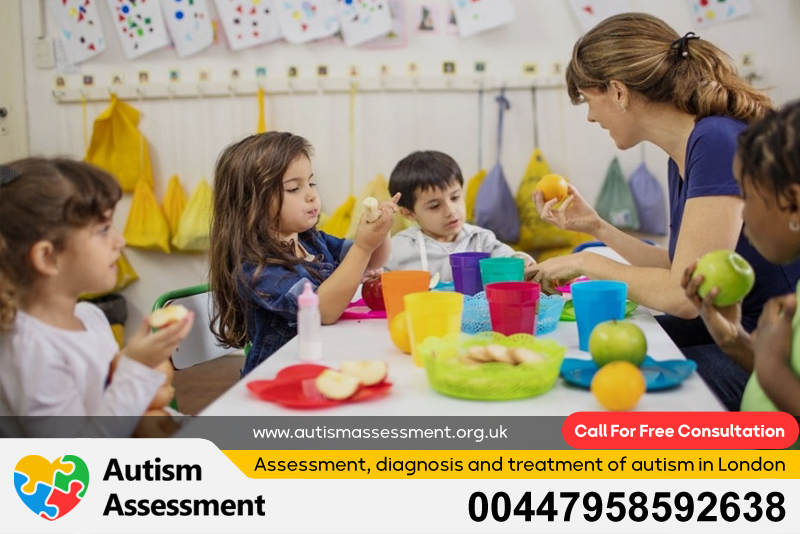Autism Assessment for Toddlers in London
Seeking an autism assessment for toddlers in London requires navigating a specialized landscape. Early identification in this age group is critical, as interventions begun during the toddler years can significantly impact a child’s developmental trajectory.
However, diagnosing autism in toddlers presents unique challenges. Toddlers are naturally undergoing rapid developmental changes, and some behaviors that might indicate autism can also be seen in typically developing children. Therefore, a thorough and expert assessment is essential for accurate diagnosis. In London, several pathways exist for accessing autism assessments for toddlers.
The NHS provides assessment services, typically initiated through a referral from a GP or health visitor. However, waiting lists can be lengthy, leading some parents to seek private assessments to expedite the process. Private assessments offer the advantage of potentially shorter waiting times and a more individualized approach, but it’s important to ensure that the practitioners are qualified and experienced in autism diagnosis for toddlers.
The assessment process typically involves a combination of observational assessments, parent interviews, and standardized assessment tools specifically designed for young children. These tools evaluate various aspects of development, including social communication, play skills, and adaptive behavior. A key component of the assessment is gathering detailed information about the child’s developmental history from parents or caregivers.
This helps to identify any early signs or patterns of behavior that may be indicative of autism. Ultimately, the goal of an autism assessment for toddlers is to provide a clear diagnosis, identify individual strengths and challenges, and develop a tailored support plan to help the child thrive. Early intervention services, such as speech therapy, occupational therapy, and behavioral therapy, can then be implemented to address specific developmental needs and maximize the child’s potential.
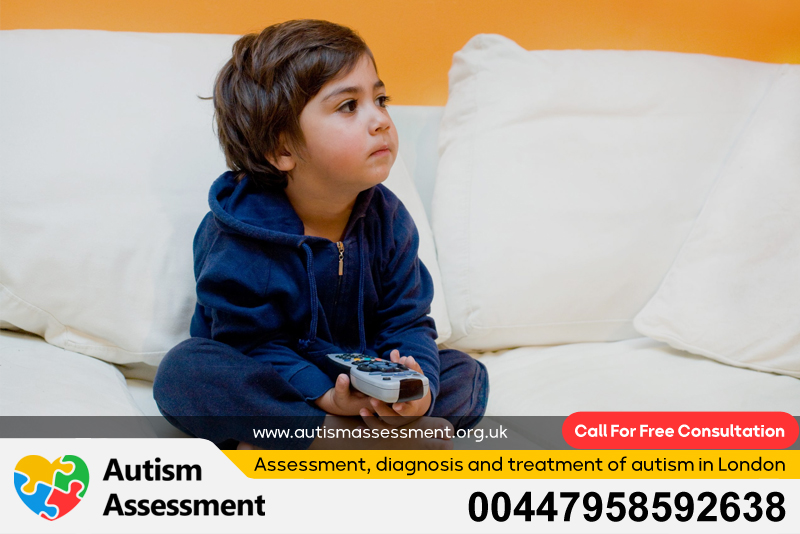
Dr. Alireza Moafi: Autism Assessment for Toddlers in London
When it comes to autism assessment for toddlers in London, the expertise and experience of the assessing professional are paramount. Dr. Alireza Moafi is a highly regarded professional specializing in the assessment and diagnosis of autism spectrum disorder (ASD) in young children.
His approach is characterized by a deep understanding of toddler development and a commitment to providing compassionate and family-centered care. Dr. Moafi’s practice in London offers comprehensive autism assessments tailored specifically for toddlers. He utilizes a range of assessment tools and methodologies to evaluate the child’s social communication, play skills, and adaptive behavior.
These assessments are conducted in a child-friendly and supportive environment, ensuring that the toddler feels comfortable and safe throughout the process. One of the key aspects of Dr. Moafi’s approach is the emphasis on gathering detailed information from parents or caregivers. He understands that parents are the experts on their child and values their insights and observations.
Through in-depth interviews and questionnaires, Dr. Moafi gains a comprehensive understanding of the child’s developmental history and current functioning. Dr. Moafi also places a strong emphasis on providing families with the support and guidance they need to understand their child’s diagnosis and navigate the complexities of autism. He takes the time to explain the assessment findings in a clear and understandable manner and provides recommendations for appropriate interventions and support services. His commitment to improving the lives of toddlers with autism and their families makes him a sought-after professional in the field.
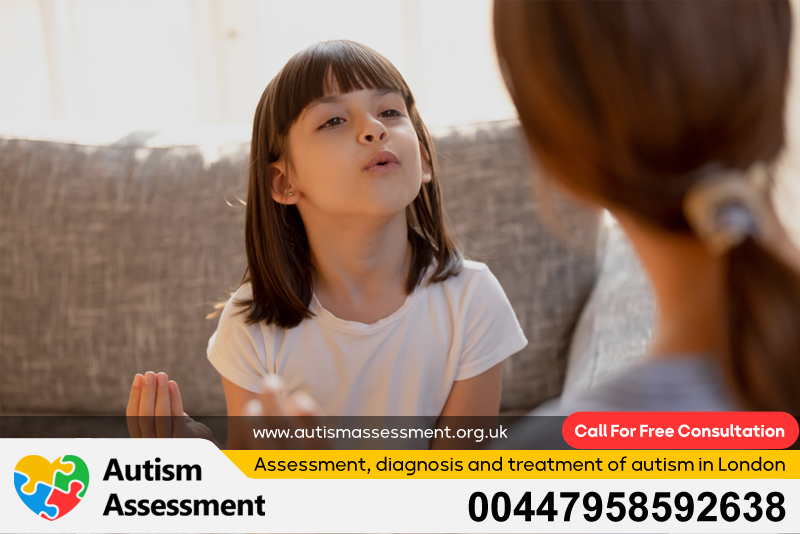
Autism for Toddlers
Autism for toddlers, also known as Autism Spectrum Disorder (ASD), manifests in unique ways during this critical developmental stage. Understanding how autism presents in toddlers is crucial for early identification and intervention. While every toddler is different, some common characteristics may indicate the presence of autism.
These characteristics typically involve differences in social interaction, communication, and behavior. In terms of social interaction, toddlers with autism may exhibit limited eye contact, difficulty responding to their name, and a lack of interest in engaging with others. They may not initiate social interactions or share their interests with others. Communication may be delayed, or present in atypical ways. Some toddlers with autism may have limited vocabulary, difficulty understanding simple instructions, or use language repetitively (echolalia).
Nonverbal communication, such as gestures and facial expressions, may also be limited or unusual. Behavioral characteristics of autism in toddlers can include repetitive movements, such as hand-flapping or rocking, a strong need for routine and predictability, and intense interests in specific objects or topics. Toddlers with autism may also have sensory sensitivities, experiencing discomfort or distress in response to certain sounds, lights, textures, or tastes.
It’s important to remember that the presence of one or two of these signs does not necessarily mean that a toddler has autism. However, if a toddler exhibits a cluster of these characteristics, it is recommended to seek professional evaluation.
Early intervention services, such as speech therapy, occupational therapy, and behavioral therapy, can make a significant difference in the lives of toddlers with autism, helping them to develop their skills and reach their full potential. Creating a supportive and understanding environment is also essential for toddlers with autism.
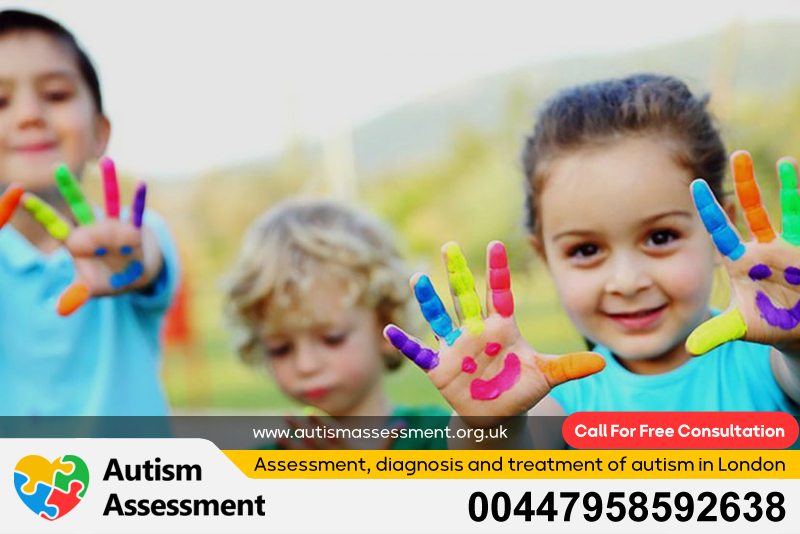
Signs and Symptoms of Autism Spectrum Disorder in Toddlers
Recognizing the signs and symptoms of autism spectrum disorder (ASD) in toddlers is essential for early identification and intervention. While every child develops at their own pace, certain red flags may indicate the need for further evaluation.
These signs typically become apparent between 18 months and 3 years of age. In the realm of social interaction, toddlers with autism may demonstrate limited eye contact, rarely smile or show joyful expressions, and may not respond to social cues like waving or pointing. They might prefer to play alone and show little interest in interacting with other children.
Communication difficulties are another hallmark of autism in toddlers. This can manifest as delayed speech development, difficulty understanding simple instructions, or using gestures instead of words. Some toddlers with autism may repeat words or phrases (echolalia) or speak in a monotone voice. Unusual behaviors are also common in toddlers with autism.
These can include repetitive movements like hand-flapping, rocking, or spinning, lining up toys, or engaging in repetitive play routines. A strong need for sameness and resistance to change are also characteristic. Toddlers with autism may become distressed by changes in their environment or daily routines.
Sensory sensitivities can also be present, with toddlers reacting negatively to certain sounds, lights, textures, or tastes. They may be overly sensitive to clothing tags or refuse to eat certain foods due to their texture. It’s important to remember that these signs and symptoms can vary in severity and presentation.
If you observe several of these characteristics in your toddler, it is recommended to consult with a healthcare professional or a qualified autism specialist for further evaluation. Early intervention can significantly improve outcomes for toddlers with autism, helping them to develop their skills and reach their full potential.
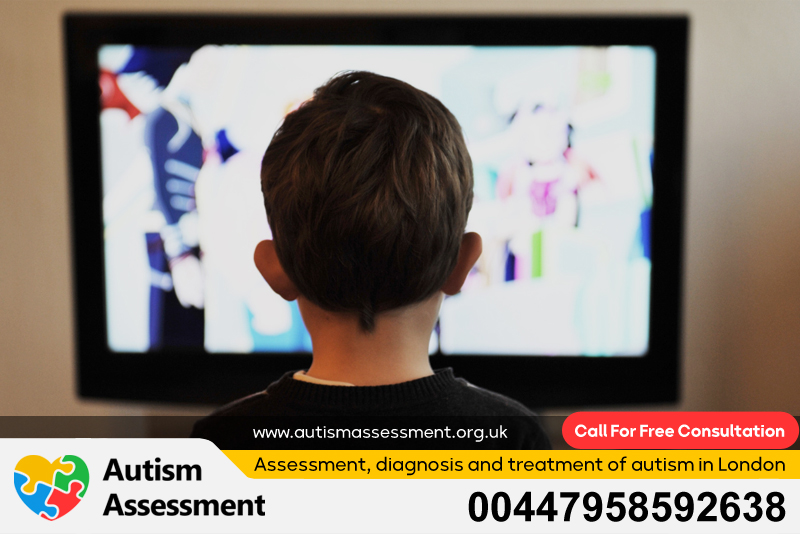
What is Autism in Toddlers?
Autism in toddlers, or Autism Spectrum Disorder (ASD) as it’s clinically known, is a neurodevelopmental condition that impacts how a toddler interacts with the world around them. It’s vital to understand that autism is a spectrum disorder, meaning its presentation varies widely from child to child.
No two toddlers with autism are exactly alike; some may have significant challenges in communication and social interaction, while others might exhibit more subtle differences alongside specific strengths. In toddlers, autism primarily affects two main areas: social communication/interaction and patterns of behavior or interests.
Socially, a toddler with autism might have difficulty making eye contact, responding to their name, or understanding social cues like smiles or frowns. They may prefer solitary play and not readily engage with other children. Communication can be delayed, and toddlers might struggle with expressive language (speaking) or receptive language (understanding).
Some might use repetitive language or echo what others say. In terms of behavior, autism in toddlers often manifests as repetitive movements (like hand-flapping or rocking), a strong need for routine, and intense focus on specific objects or interests. A seemingly small change in their environment or daily schedule can cause significant distress.
Sensory sensitivities are also common, leading to strong reactions to certain sounds, textures, or lights. It’s important to remember that autism isn’t a disease to be “cured,” but a different way of experiencing the world. The goal isn’t to make a toddler “normal,” but to help them develop their skills, navigate challenges, and live a fulfilling life. Early identification and appropriate support are key to helping toddlers with autism reach their full potential.
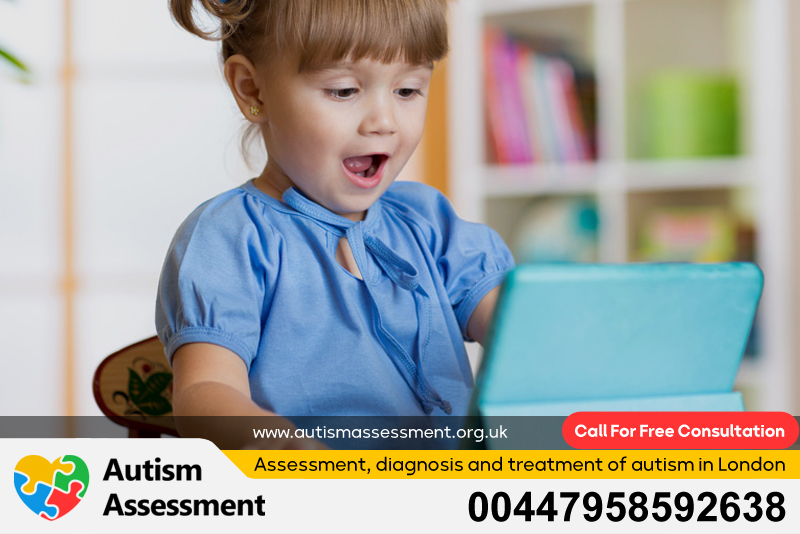
What Causes Autism in Toddlers?
Pinpointing the exact cause of autism in toddlers is a complex challenge. Current scientific understanding suggests a combination of genetic and environmental factors plays a role, but the specific interplay is still being researched. It’s essential to dispel the harmful myth that vaccines cause autism; numerous studies have repeatedly debunked this claim.
Genetics are believed to be a significant contributor to autism risk. Research has identified several genes associated with autism, although it’s likely that multiple genes, interacting in complex ways, are involved rather than a single “autism gene.” These genes often play a role in brain development and the connections between brain cells.
Environmental factors are also under investigation, but the specific factors and their impact are not yet fully understood. Some research suggests that certain prenatal exposures, such as maternal infections or exposure to certain medications during pregnancy, might slightly increase the risk of autism. Complications during pregnancy or delivery are also sometimes considered.
However, it’s important to note that these are associations, not direct causes, and many toddlers with autism have no known environmental risk factors. It’s also worth noting that advanced parental age (both mother and father) has been linked to a slightly increased risk of autism.
Ongoing research is focused on identifying specific biomarkers and genetic profiles that can help predict autism risk and potentially lead to earlier interventions. While we don’t have all the answers yet, understanding the potential genetic and environmental factors involved is crucial for developing effective prevention and treatment strategies.
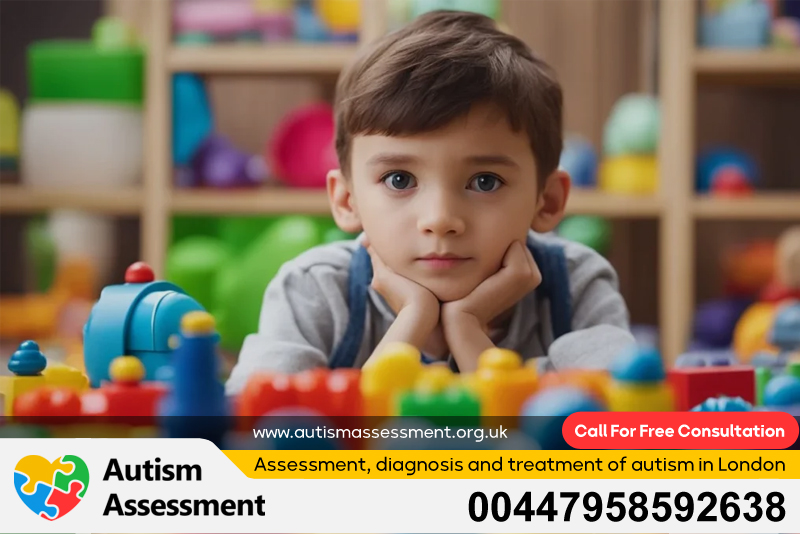
Treatment of Autism in Toddlers
Treatment for autism in toddlers focuses on maximizing their potential and improving their quality of life through individualized interventions. Because autism is a spectrum disorder, there is no one-size-fits-all approach; treatment plans must be tailored to each toddler’s unique strengths, challenges, and developmental needs.
Early intervention is absolutely critical, as the toddler years are a period of rapid brain development. The sooner a toddler receives appropriate support, the greater the impact on their long-term outcomes. A multidisciplinary approach is typically recommended, involving a team of professionals such as developmental pediatricians, psychologists, speech therapists, occupational therapists, and special education teachers.
Behavioral therapies, particularly Applied Behavior Analysis (ABA), are often a cornerstone of autism treatment. ABA focuses on teaching specific skills and behaviors through positive reinforcement and structured learning. It can help toddlers with autism improve their communication, social interaction, and adaptive skills. Speech therapy is crucial for addressing communication delays and improving language skills. Therapists work on expressive language (speaking), receptive language (understanding), and nonverbal communication.
Occupational therapy can help toddlers with sensory processing difficulties and improve their fine motor skills, coordination, and daily living skills. Parent training and support are also essential components of treatment. Parents are an integral part of the toddler’s team, and learning strategies to support their child’s development at home is crucial.
Medication may be considered to manage specific symptoms associated with autism, such as anxiety, hyperactivity, or sleep problems, but it is not a primary treatment for the core symptoms of autism itself. The goal of treatment is not to “cure” autism, but to help toddlers develop their skills, build their independence, and participate fully in their families and communities. It’s a continuous process that requires collaboration, patience, and a deep understanding of the toddler’s individual needs.
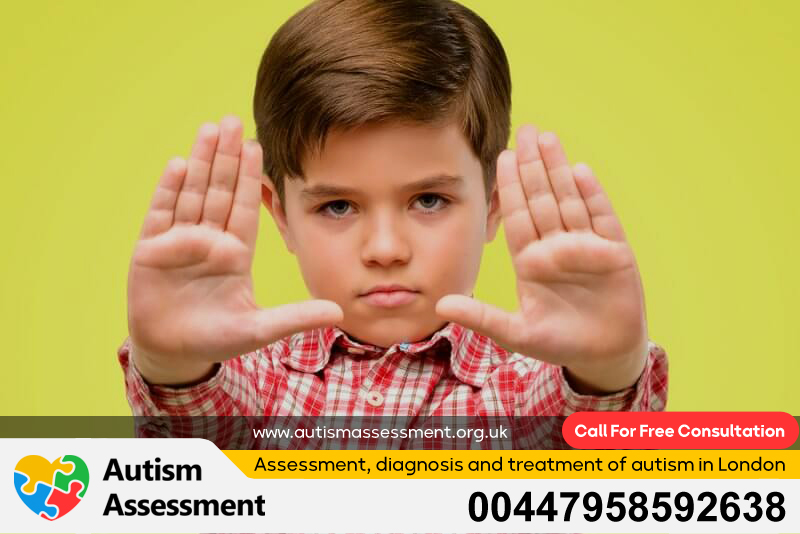
Autism in Toddlers: Symptoms, Causes, Types, and Testing
Understanding autism in toddlers necessitates a comprehensive exploration of its multifaceted nature, encompassing the spectrum of symptoms, possible causes, the varying presentations, and the diagnostic testing involved. Symptoms of autism in toddlers typically manifest in early childhood, affecting social interaction, communication, and behavior.
Key indicators include difficulty with reciprocal social interactions (back-and-forth exchanges), challenges in nonverbal communication (such as eye contact and facial expressions), and difficulty developing and maintaining relationships. Communication may be delayed or present atypically, like echolalia (repeating words or phrases).
Behavioral symptoms often involve repetitive movements or speech, insistence on sameness, intense fixations on specific interests, and sensory sensitivities (being overly or under-sensitive to stimuli such as sounds, lights, or textures). While the exact causes of autism remain unclear, a complex interplay of genetic and environmental factors is suspected. Research suggests that multiple genes are involved, and environmental factors like prenatal exposure to certain infections or medications might increase the risk. However, no single cause explains all cases of autism.
It’s crucial to emphasize that vaccines do NOT cause autism, a misconception thoroughly debunked by scientific evidence. Autism is a spectrum disorder, meaning it presents differently in each individual toddler. There are not distinct ‘types’ as there once were, but rather varying levels of support needed. One toddler might require significant support in all areas, while another might need targeted help with social skills or sensory regulation.
Testing for autism in toddlers involves a comprehensive assessment by qualified professionals. This typically includes developmental screenings, behavioral observations, interviews with parents and caregivers, and standardized diagnostic tools.
The Autism Diagnostic Observation Schedule (ADOS) and Autism Diagnostic Interview-Revised (ADI-R) are commonly used to evaluate social communication, interaction, and developmental history. Early and accurate diagnosis is vital, allowing for timely intervention and support to help toddlers with autism reach their full potential.
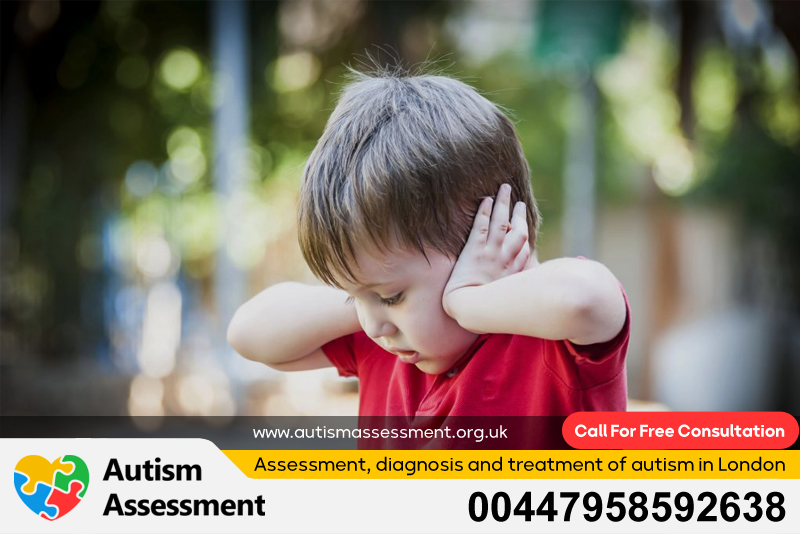
Dr. Alireza Moafi will help you treat autism in toddlers
Navigating the intricacies of autism treatment for toddlers can be a daunting task. Dr. Alireza Moafi offers expertise and personalized care to help toddlers with autism thrive. With extensive experience in the field, Dr. Moafi understands that each child is unique and requires an individualized approach.
His commitment goes beyond diagnosis, focusing on creating comprehensive treatment plans tailored to each toddler’s specific needs, strengths, and challenges. Dr. Moafi adopts a multidisciplinary approach, collaborating with a team of skilled professionals, including psychologists, speech therapists, and occupational therapists.
This collaborative effort ensures that all aspects of the toddler’s development are addressed, fostering holistic growth and well-being. Treatment plans may incorporate evidence-based therapies such as Applied Behavior Analysis (ABA), which focuses on teaching specific skills and behaviors through positive reinforcement. Speech therapy assists in improving communication skills, while occupational therapy addresses sensory processing issues and fine motor skills.
Dr. Moafi recognizes the importance of family involvement in the treatment process. He provides parents with the education, support, and resources they need to effectively support their child at home. By empowering families with knowledge and strategies, Dr. Moafi cultivates a collaborative partnership that maximizes the toddler’s progress.
Dr. Moafi’s compassionate and patient-centered approach creates a safe and supportive environment for toddlers to learn and grow. He is dedicated to helping toddlers with autism develop their full potential, improve their quality of life, and achieve their individual goals. Choosing Dr. Alireza Moafi means entrusting your child’s care to a highly qualified and dedicated professional committed to making a positive difference in their life.
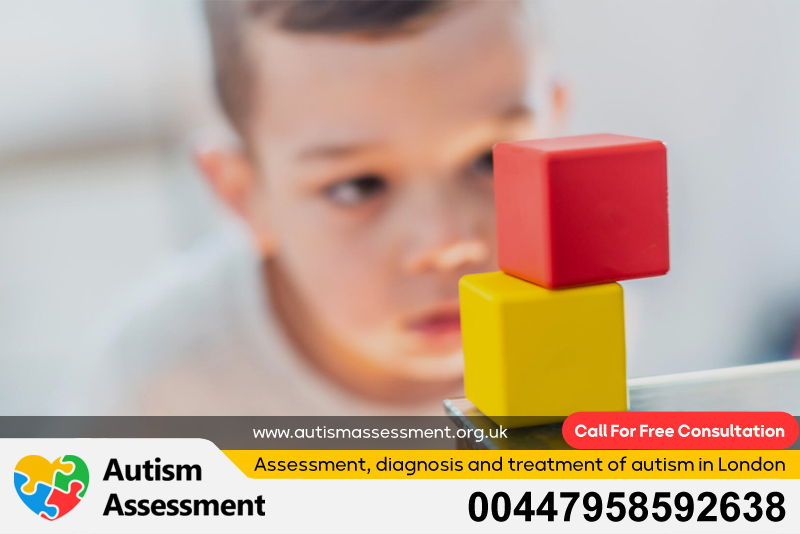
Free Consultation for Toddlers with Autism
Recognizing the importance of early intervention and the financial challenges families may encounter, a free consultation for toddlers with autism is available. This initial consultation offers an invaluable opportunity to discuss your concerns, learn more about autism spectrum disorder (ASD) in toddlers, and explore potential treatment options, all without financial obligation.
During the free consultation, you will have the chance to share your toddler’s developmental history, discuss any observed symptoms, and ask questions about the diagnostic and treatment processes. A qualified professional will listen attentively to your concerns and provide preliminary guidance based on the information shared.
The consultation will also provide insights into the range of services available, including diagnostic assessments, therapy options, and support resources. You will learn about the different approaches used in autism treatment for toddlers, such as Applied Behavior Analysis (ABA), speech therapy, and occupational therapy, and how these therapies can be tailored to meet your child’s specific needs. Furthermore, the free consultation serves as an opportunity to establish a relationship with a trusted professional who can provide ongoing support and guidance throughout your journey.
It allows you to assess whether the provider is a good fit for your family and whether their approach aligns with your values and goals. This initial meeting can alleviate anxiety and provide clarity, empowering you to make informed decisions about your toddler’s care.
Taking advantage of this free consultation is a proactive step towards understanding your toddler’s needs and accessing the support they deserve. It’s a chance to gain valuable information, explore available resources, and embark on a path towards a brighter future for your child and your family.



